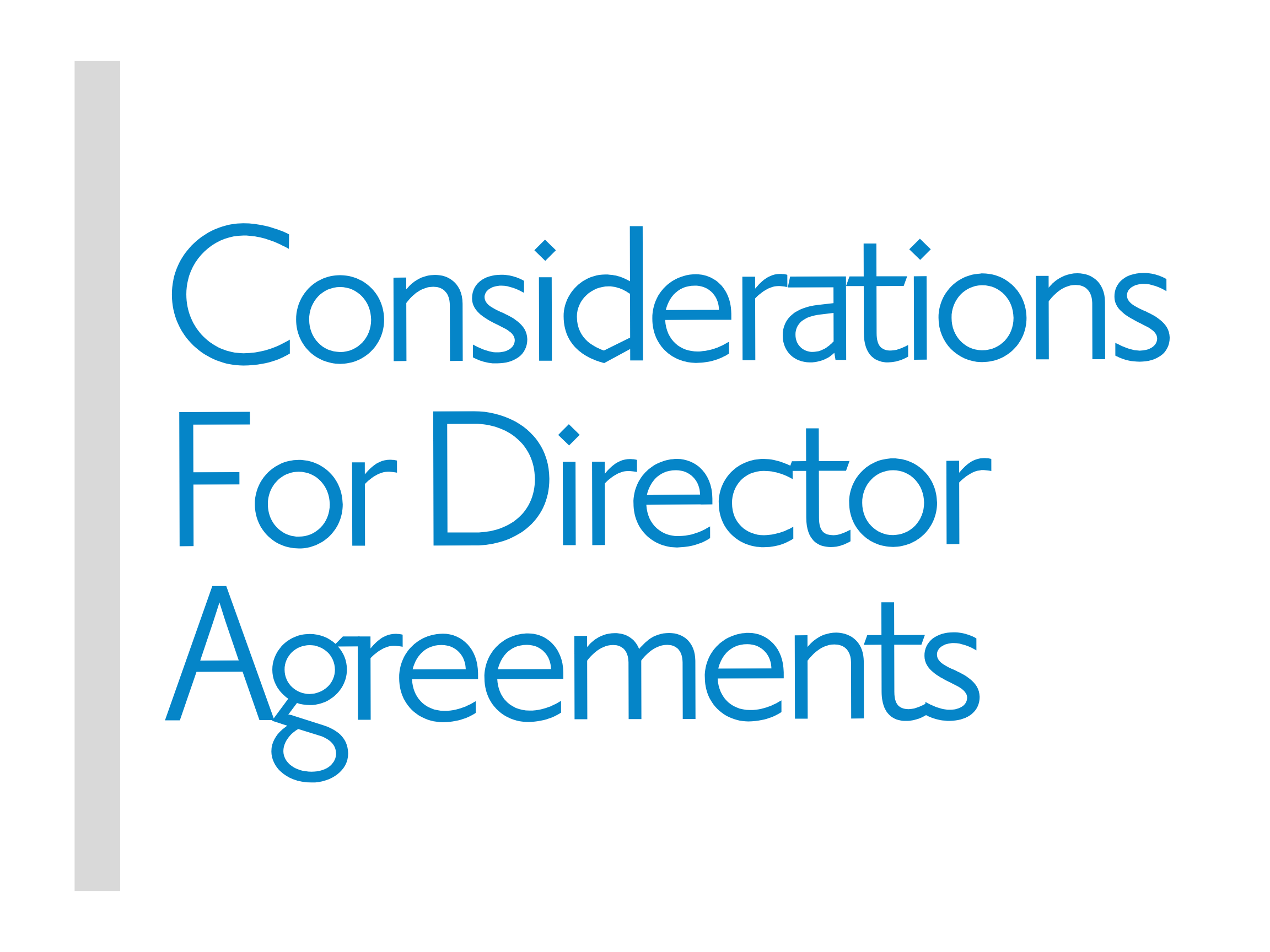

The CONSIDERATIONS FOR "DIRECTOR AGREEMENT" guidelines were arrived at after extensive discussions between writers and directors and were drafted to address the rare circumstance in which a director’s extraordinary contribution to a work transcends direction and dramaturgy.
Over the years, however, we have found that many members have incorrectly applied or interpreted these considerations as applicable in any situation with a director, or have considered them to be standard terms.
To the contrary, these guidelines were intended only to be applicable to directors of First-Class productions. We do not intend for them to apply in the developmental stages of a work for a director who doesn’t ultimately get that work to a First-Class production.
As for the definition of a director’s “extraordinary contribution,” it is a conceptual contribution to a work (other than copyrightable text or music), that transcends dramaturgy and becomes part of the work thereafter, however it may later be directed and produced. This is an ineffable concept, of course, but one that should be readily apparent to both the director and the author at the time, if they are considering the matter in good faith.
Best Practice
This document is part of a suite of resources designed to help playwrights, composers, lyricists, and librettists. Visit Business Affairs Resources to learn more. Only active members of the Guild may view, download, or request sample contracts.
Not a member? Join today and learn how membership in the only trade association for playwrights, composers, lyricists, and librettists can serve your career.
Do you represent a theatre? Become an Affiliate or Host Theatre to view this contract.
Are you a producer, agent, manager, or lawyer? Become a Business Subscriber to view this contract. Provide your client with a deal that suits their best interests, enabling them to gain access to 100 years of advocacy for dramatists.